Field Training Programs for Malagasy Master’s Students in Lemur Ecology, Behavior, & Conservation
A consortium of international lemur specialists was formed in 2021 to create two parallel Field Training Programs with the intention of assisting master’s degree students at the University of Antananarivo.
Students conducted fieldwork at the Mahatsinjo Research Station within the Tsinjoarivo-Ambalaomby Protected Area, with logistics coordinated through the NGO SADABE. Tsinjoarivo forest is a mid-altitude eastern rainforest with ten lemur species. The landscape at Tsinjoarivo covers an east-to-west gradient from degraded fragments with an incomplete lemur community to intact, relatively undisturbed forest with all lemurs present. Students also conducted fieldwork at the Ampijoroa Field Station within Ankarafantsika National Park (ANP), with logistics coordinated through the NGO Planet Madagascar. ANP is a dry deciduous forest ecosystem containing eight lemur species, and also contains networks of forest fragments in which lemurs can be studied.
Our goal is to establish annual training programs at both field sites to support the next generation of Malagasy Primatologists.
Consortium members: Drs. Mitchell Irwin, Northern Illinois University; Andry Herman Rafalinirina, University of Antananarivo; Brigitte Raharivololona, University of Antananarivo; Jean-Freddy Ranaivoarisoa, University of Antananarivo; Jeannot Randrianasy, University of Antananarivo; Abby Ross, TDARFAC; Travis Steffens, University of Guelph.
Project funding sources: American Society of Primatologists, Lemur Conservation Action Fund, Primate Conservation, Inc.
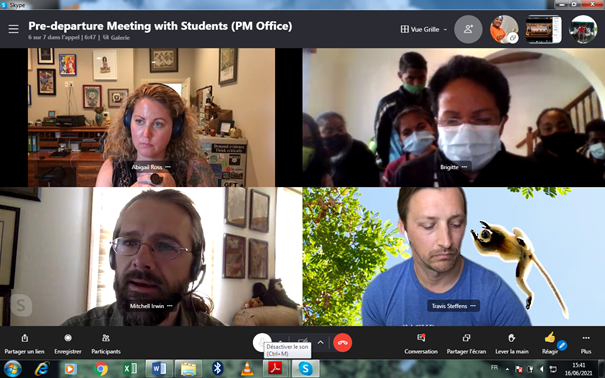
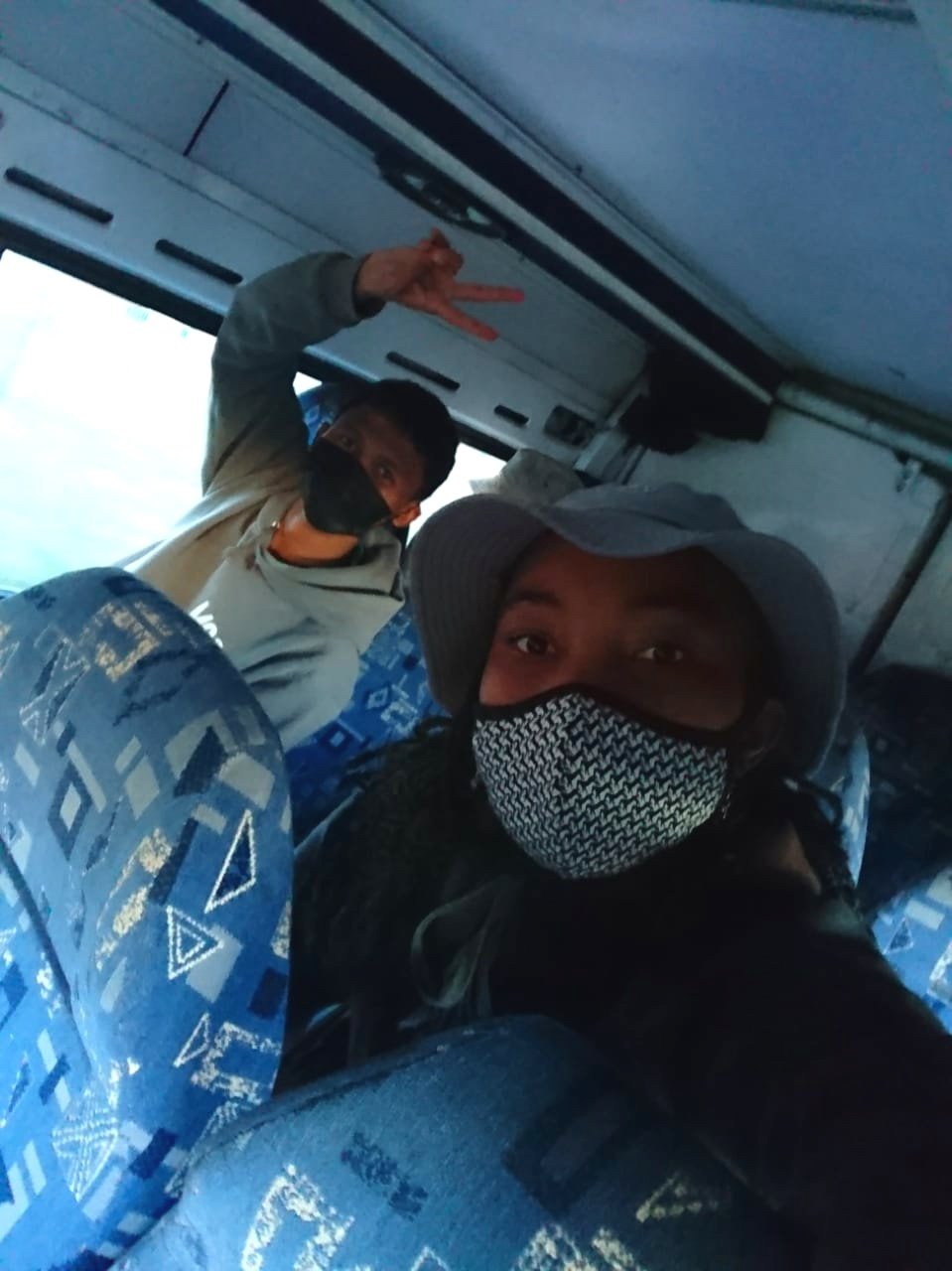
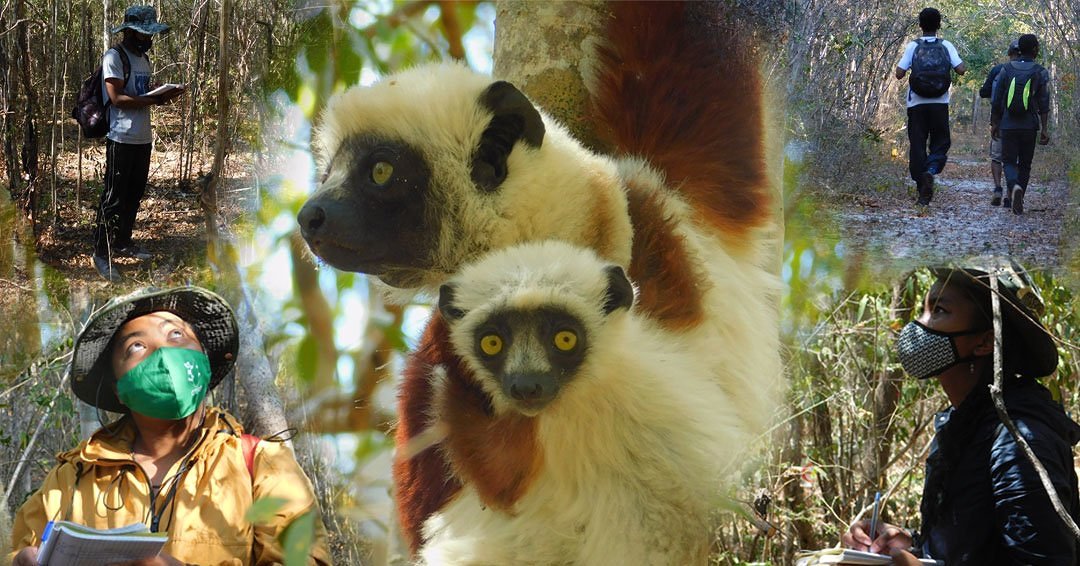
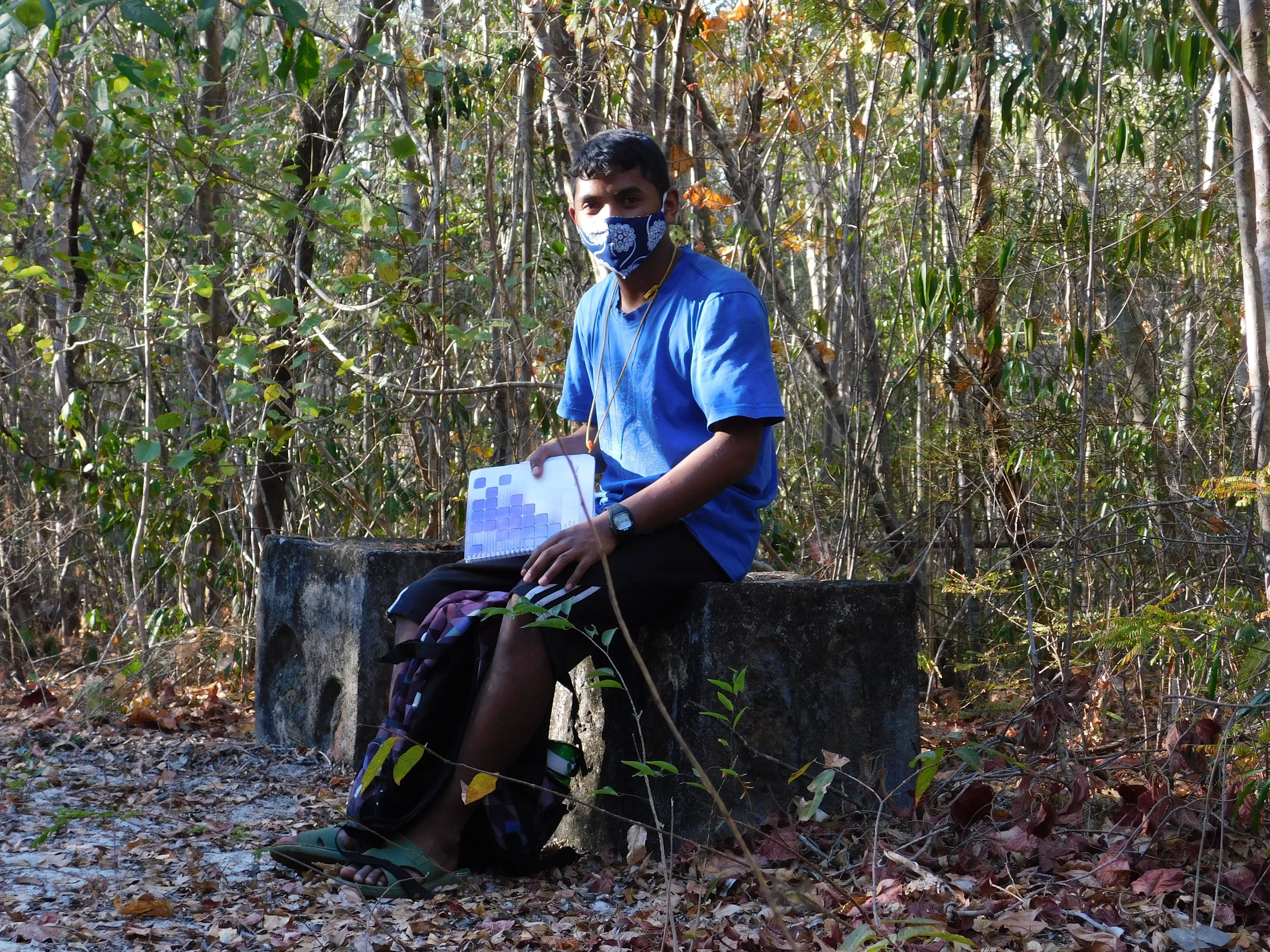
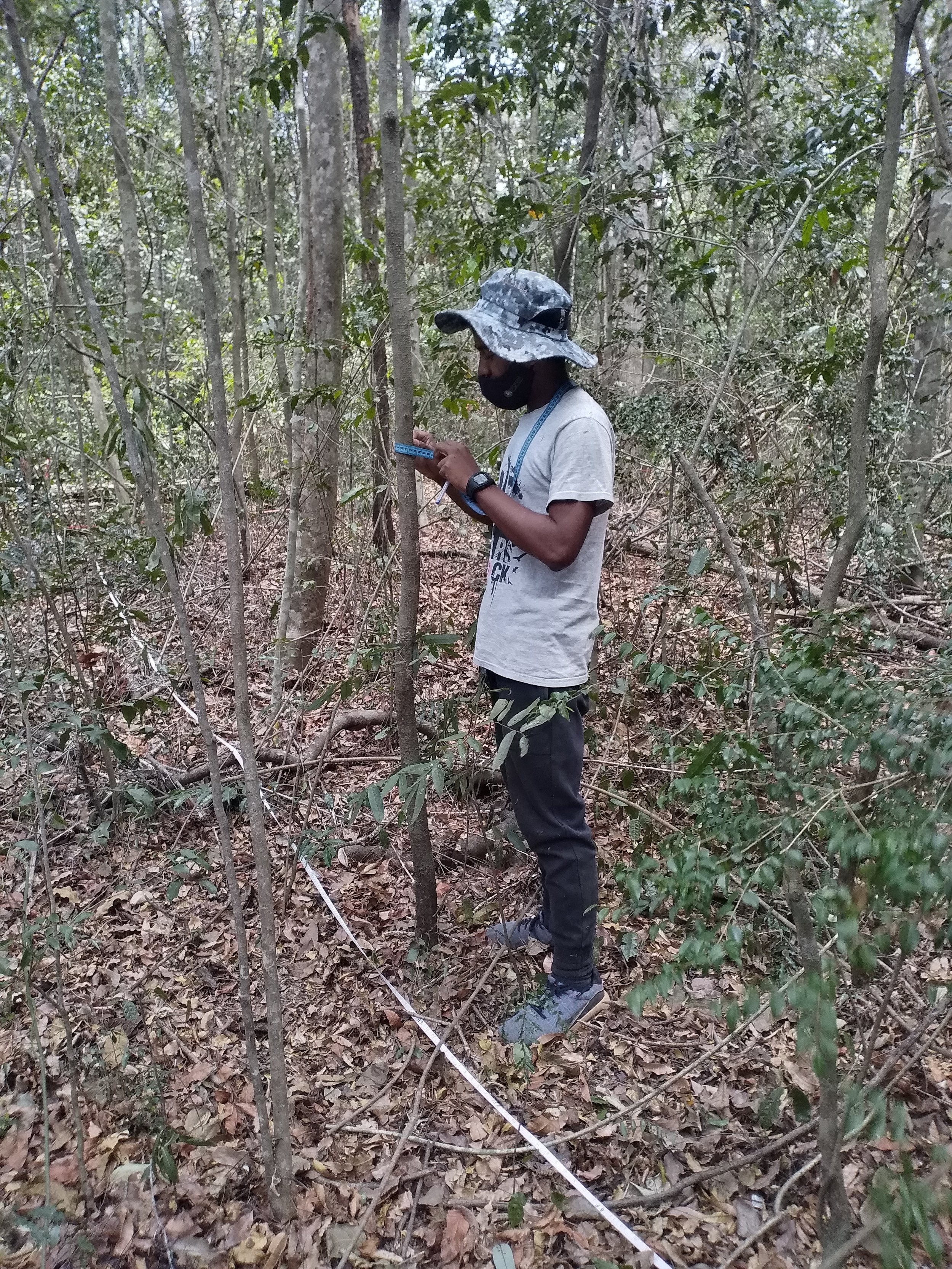
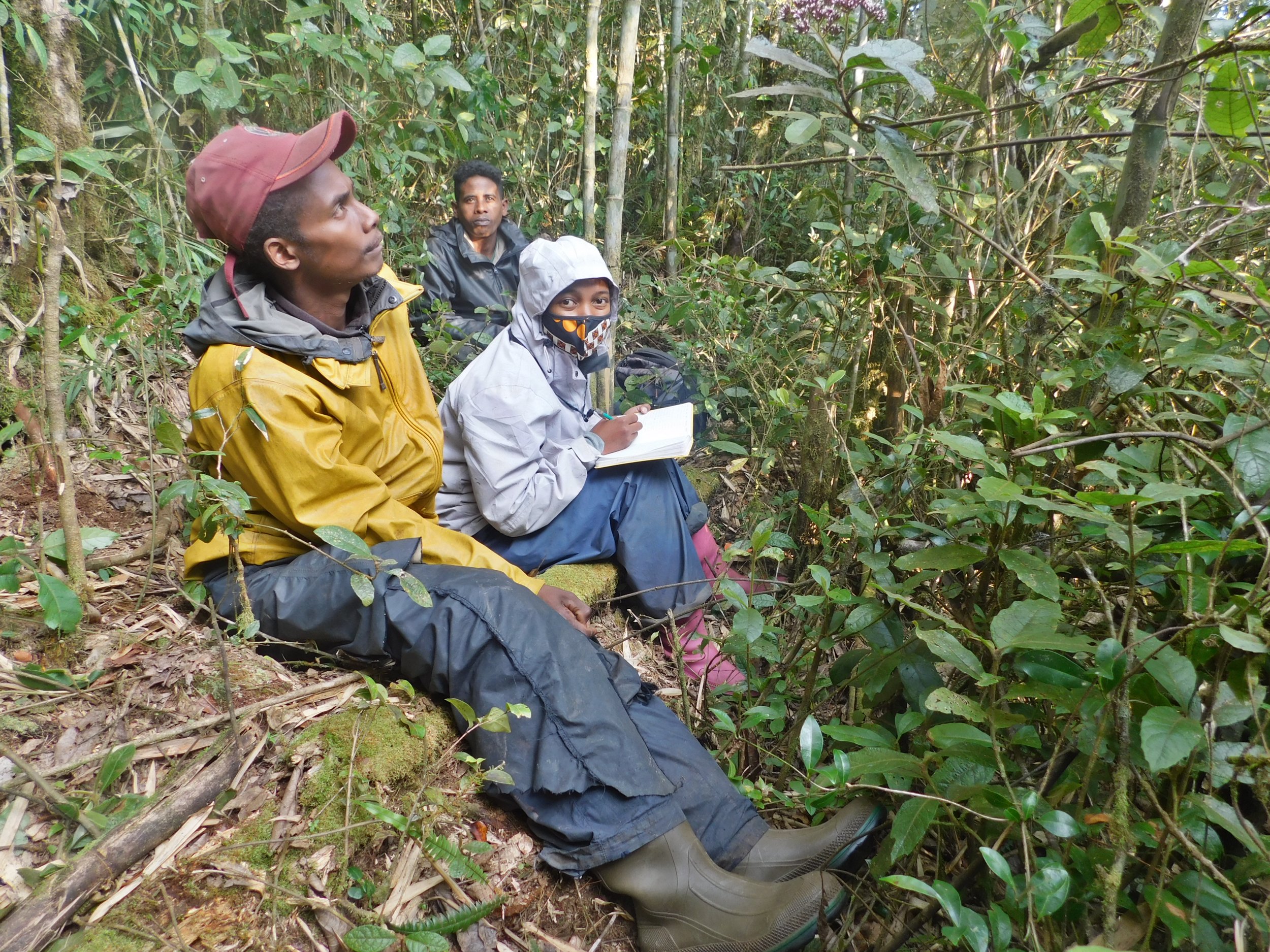
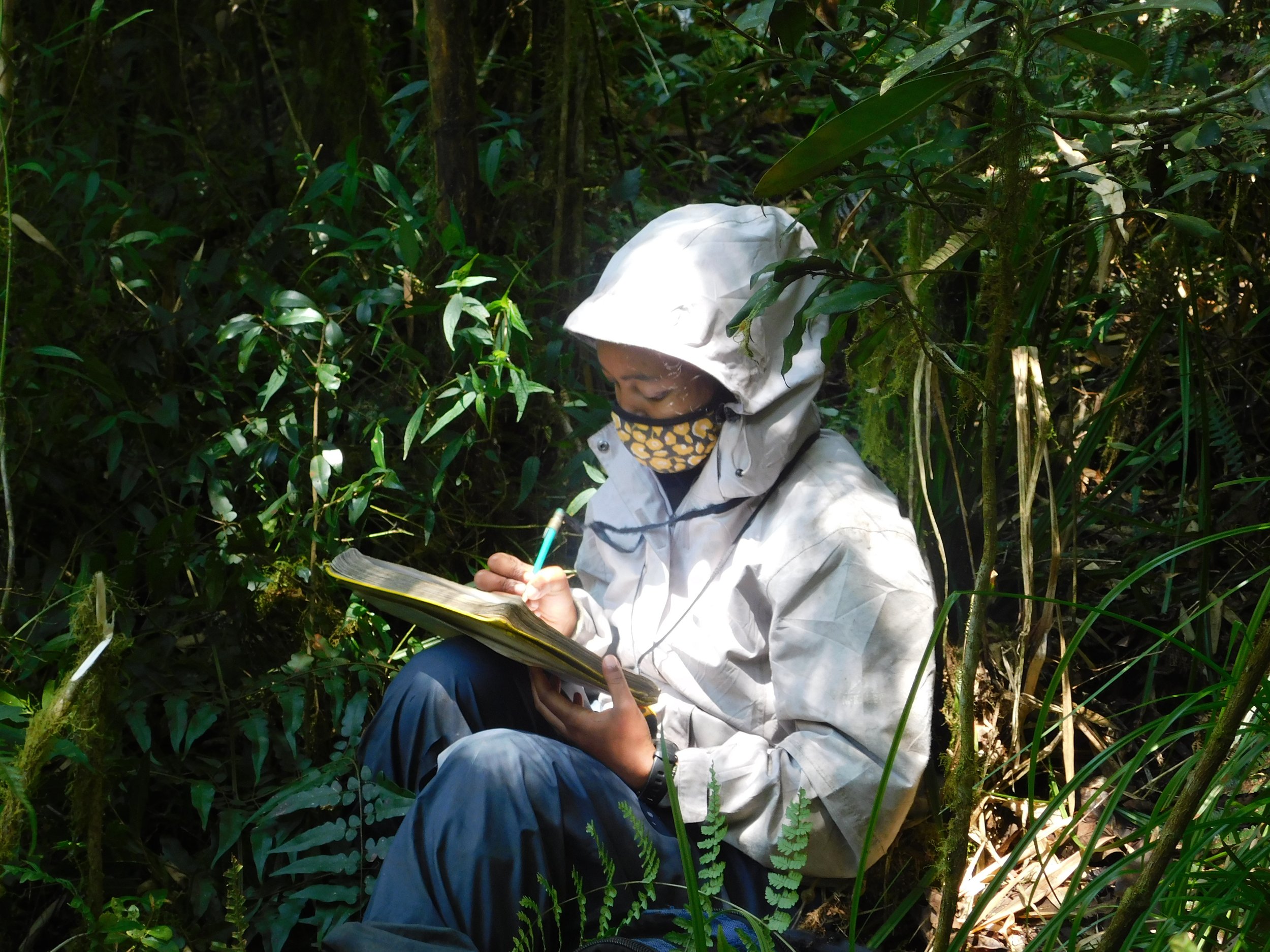
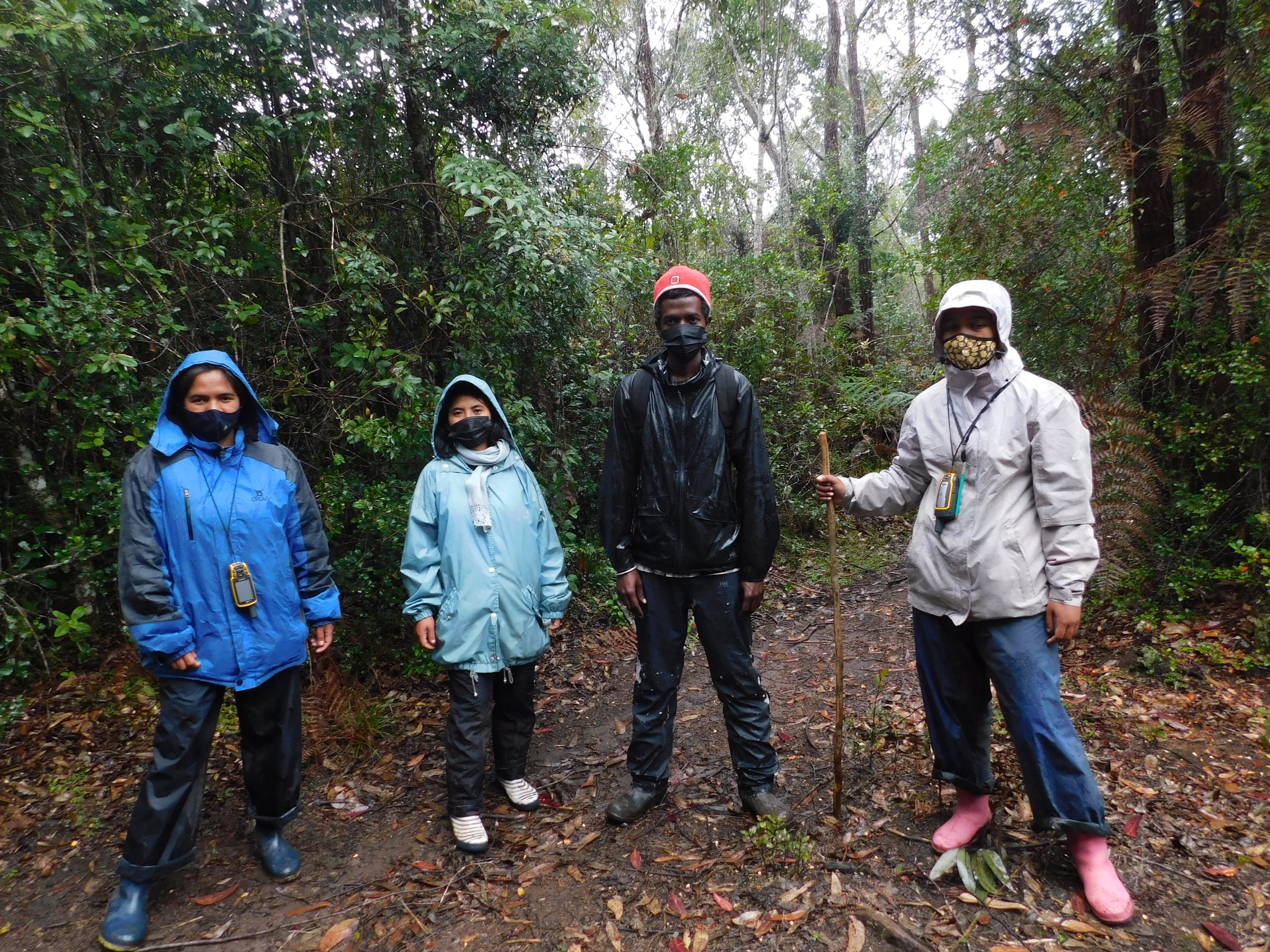
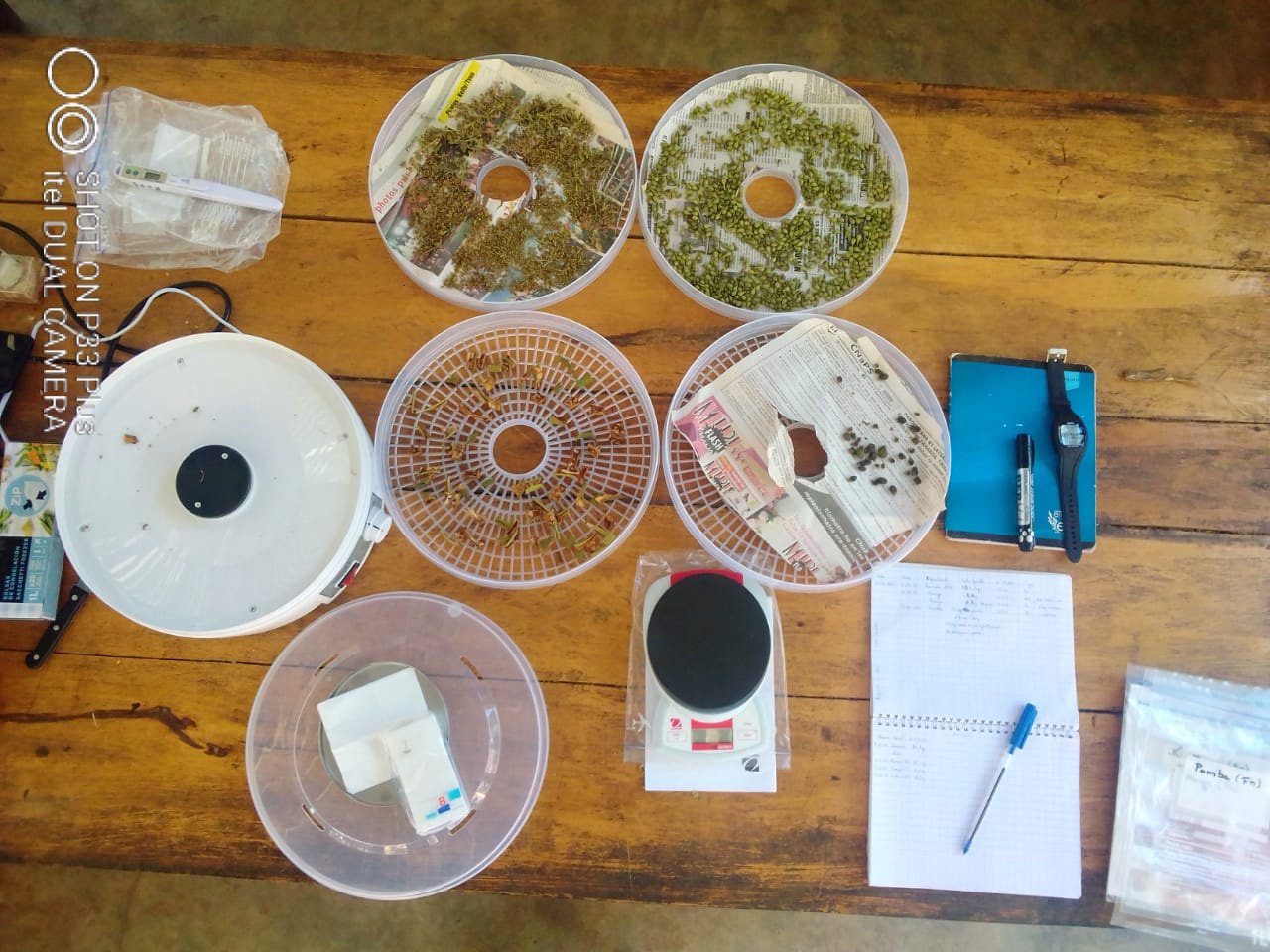
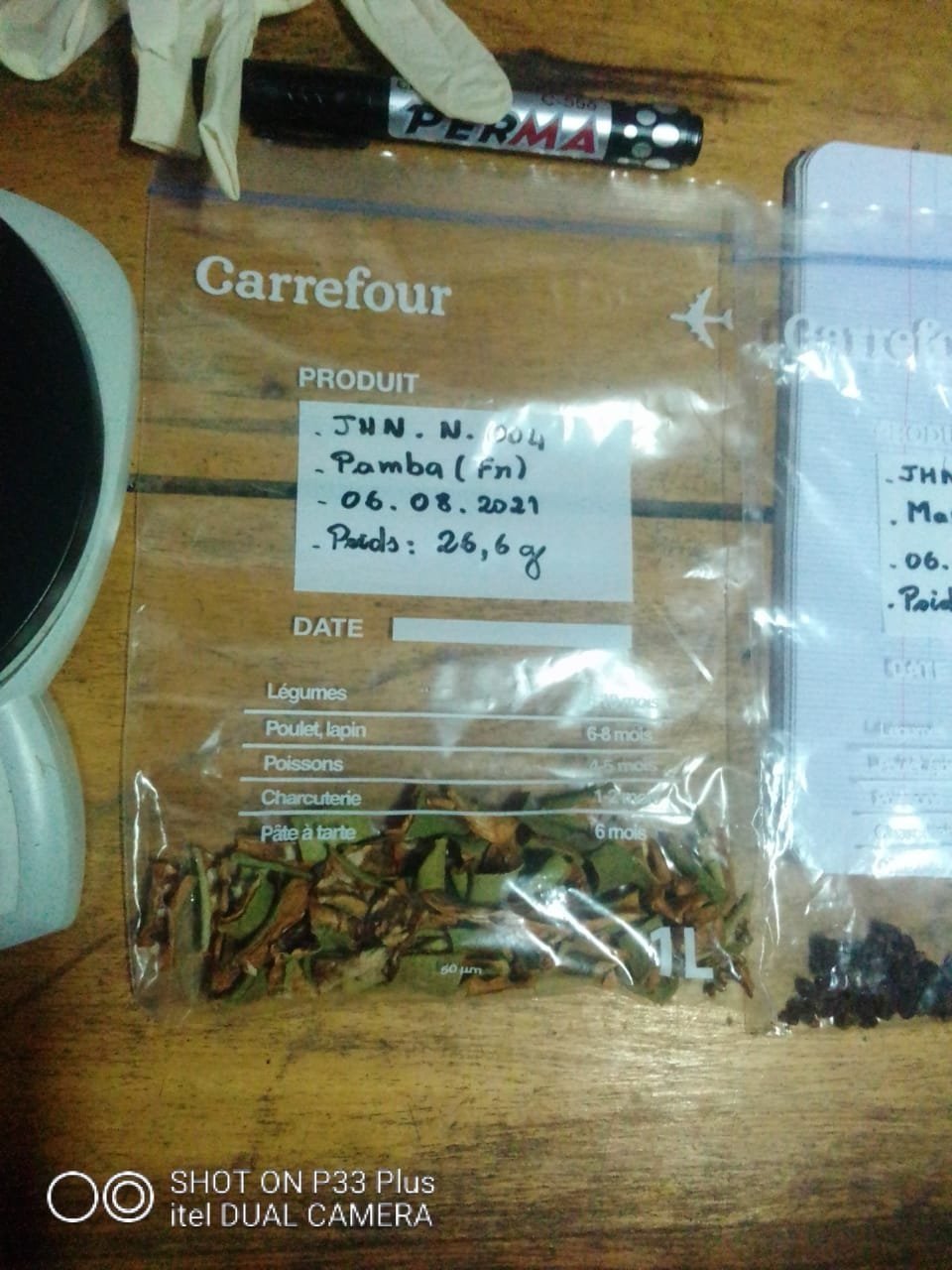
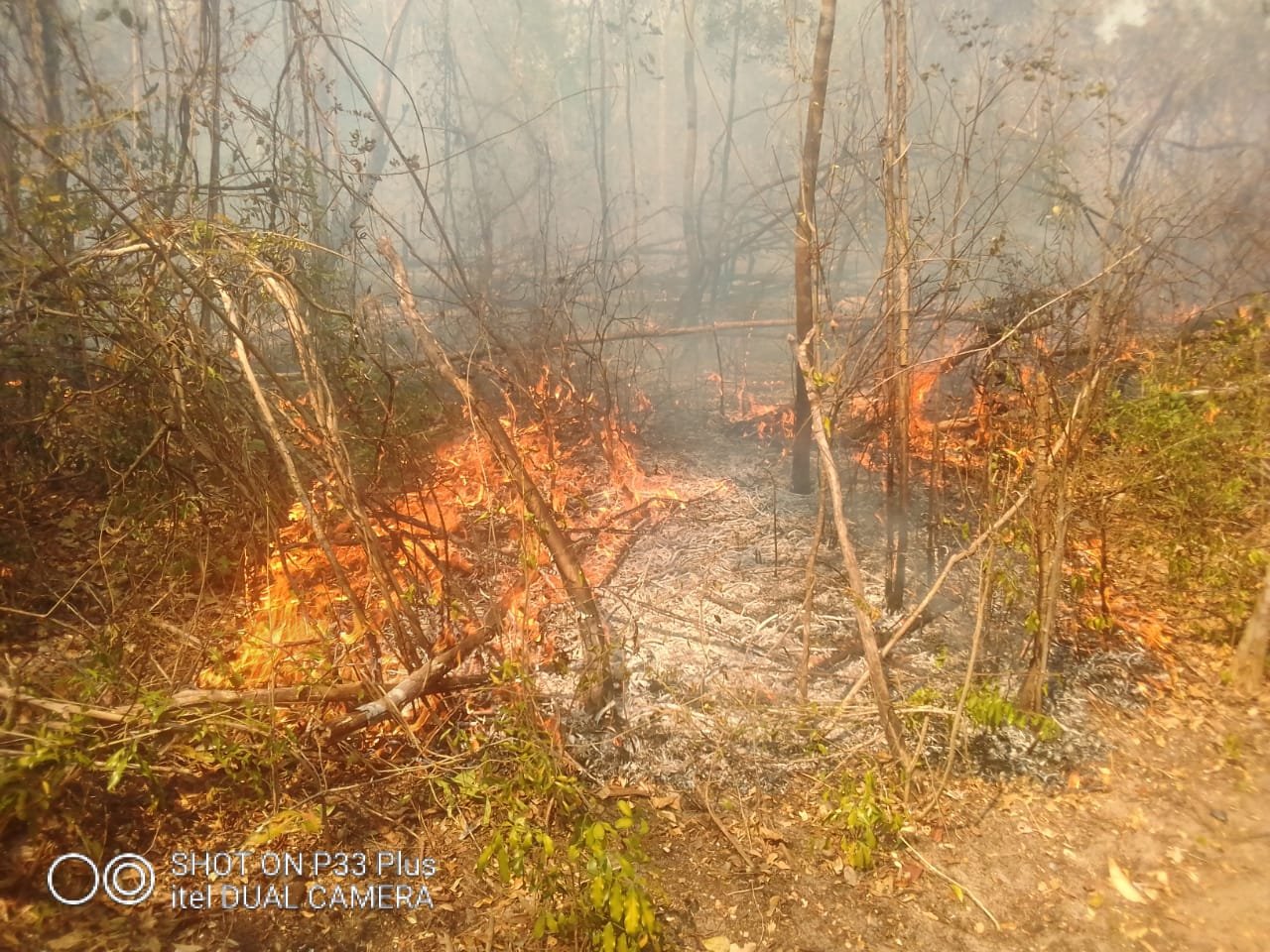
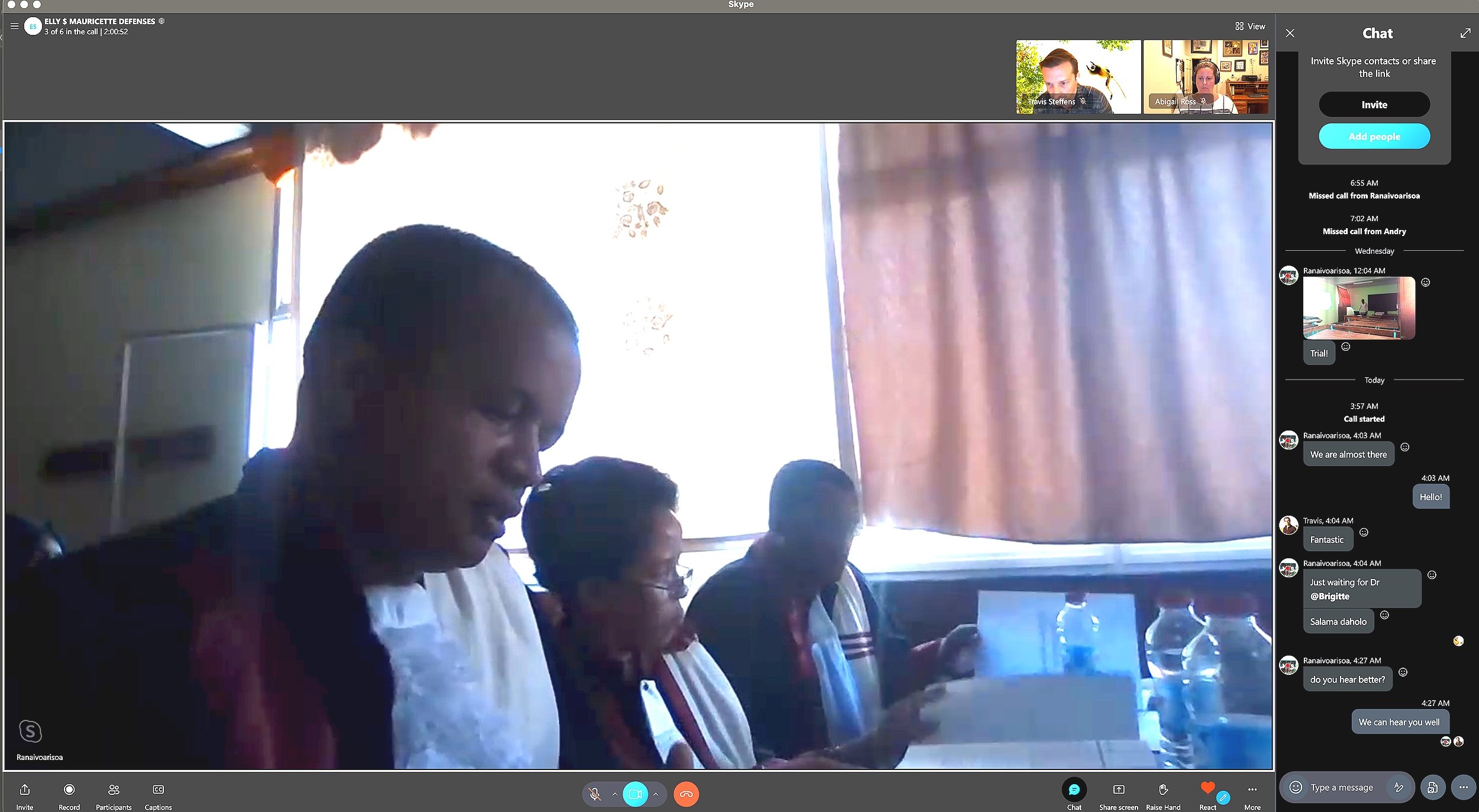
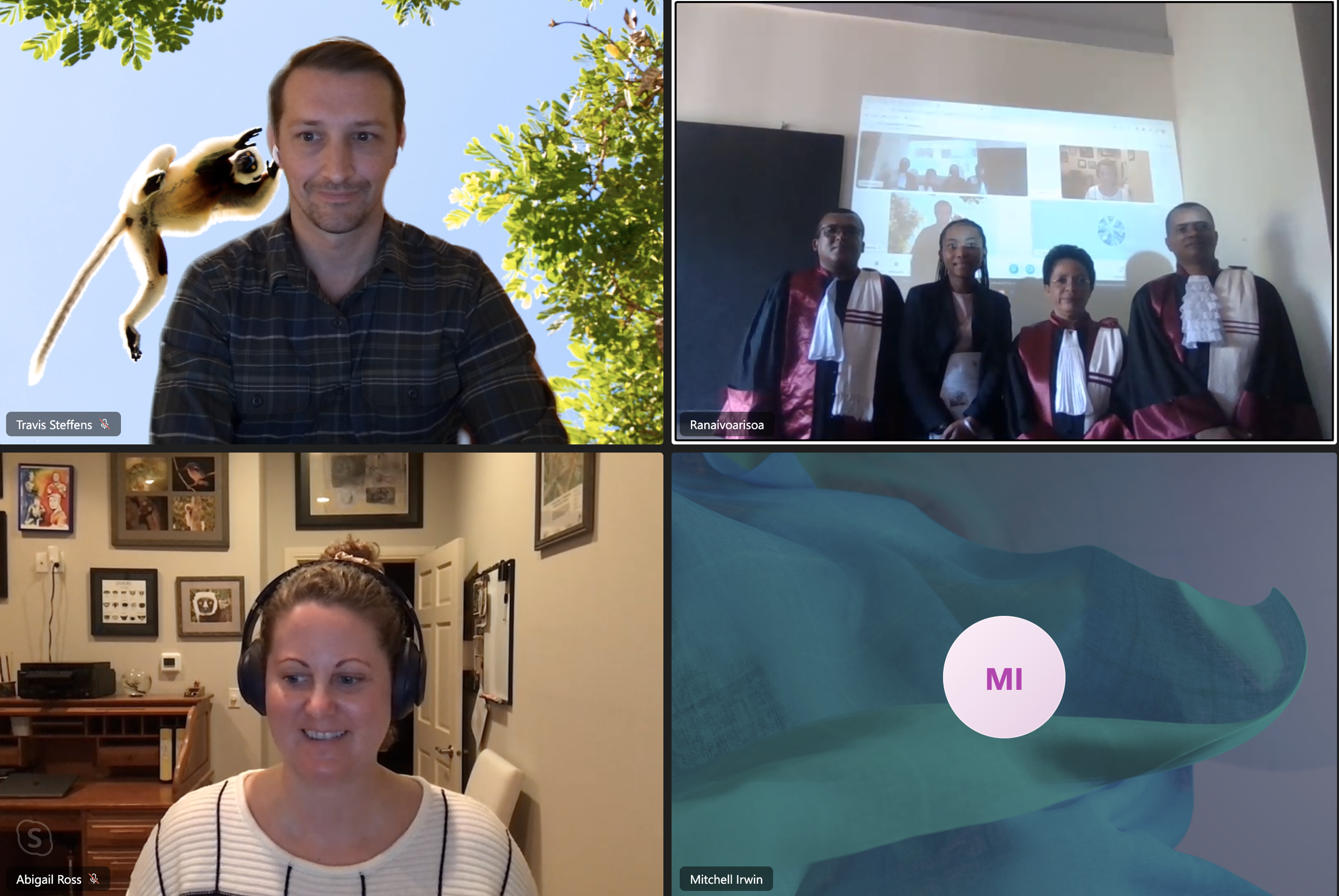
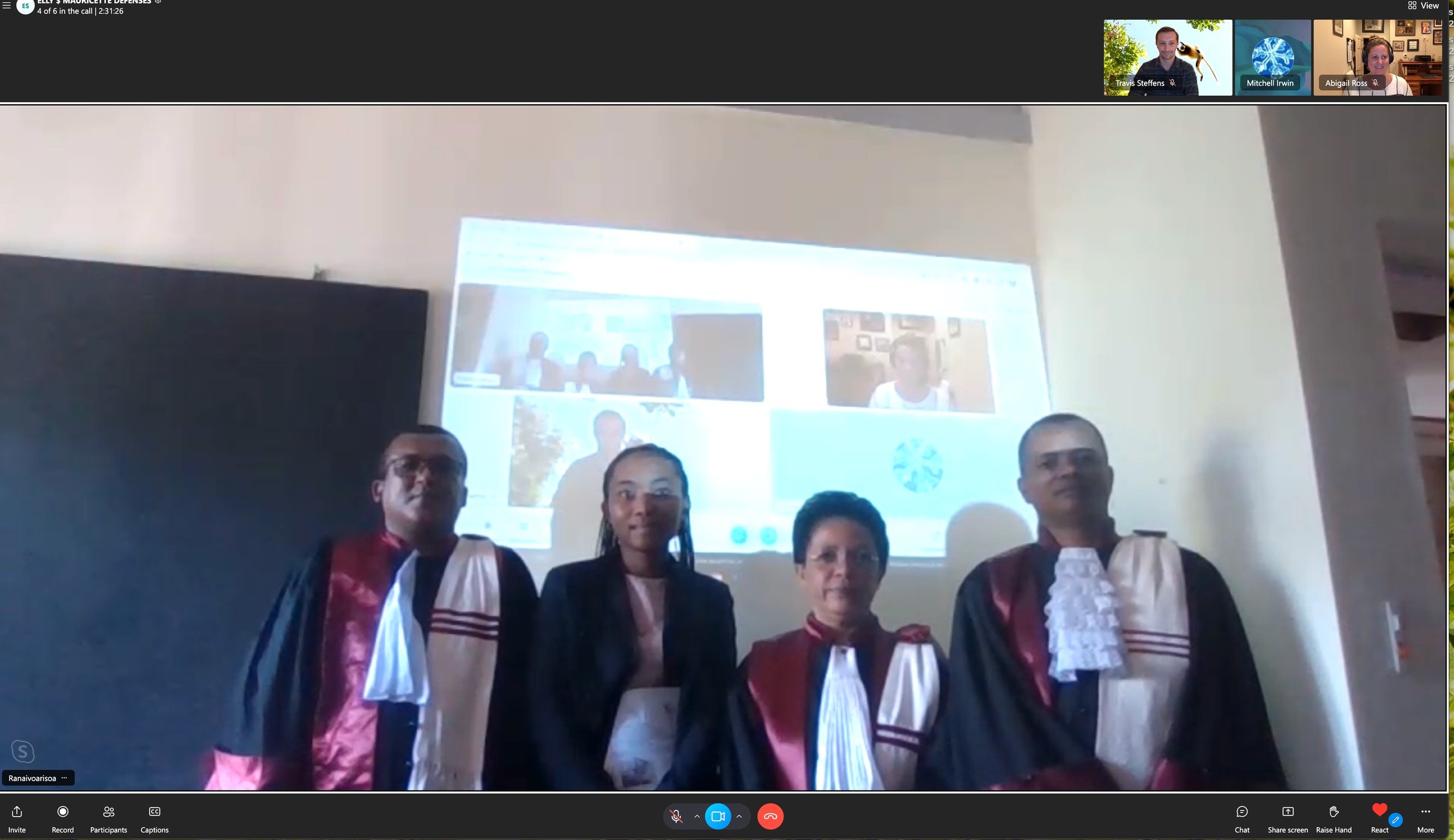
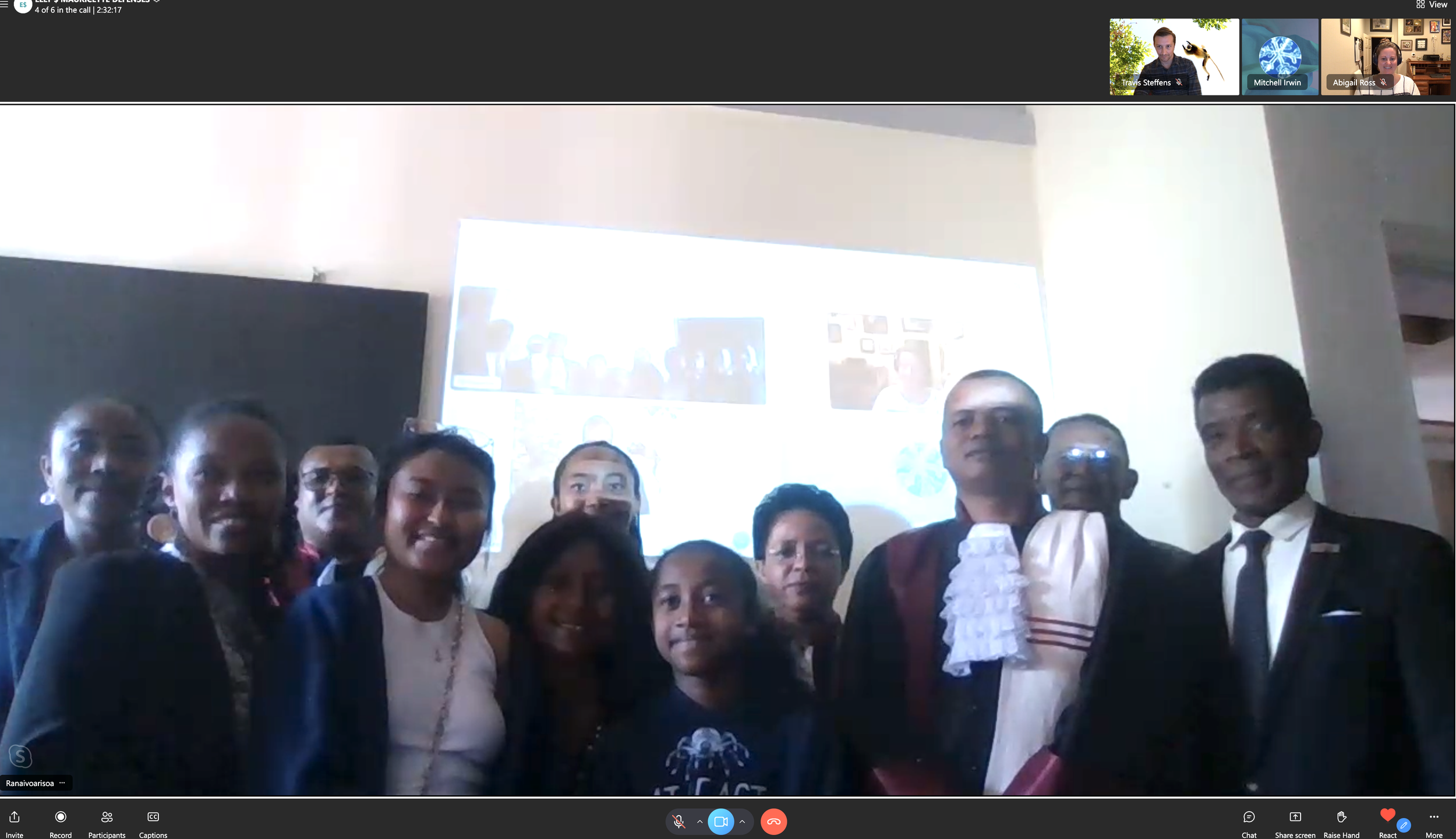
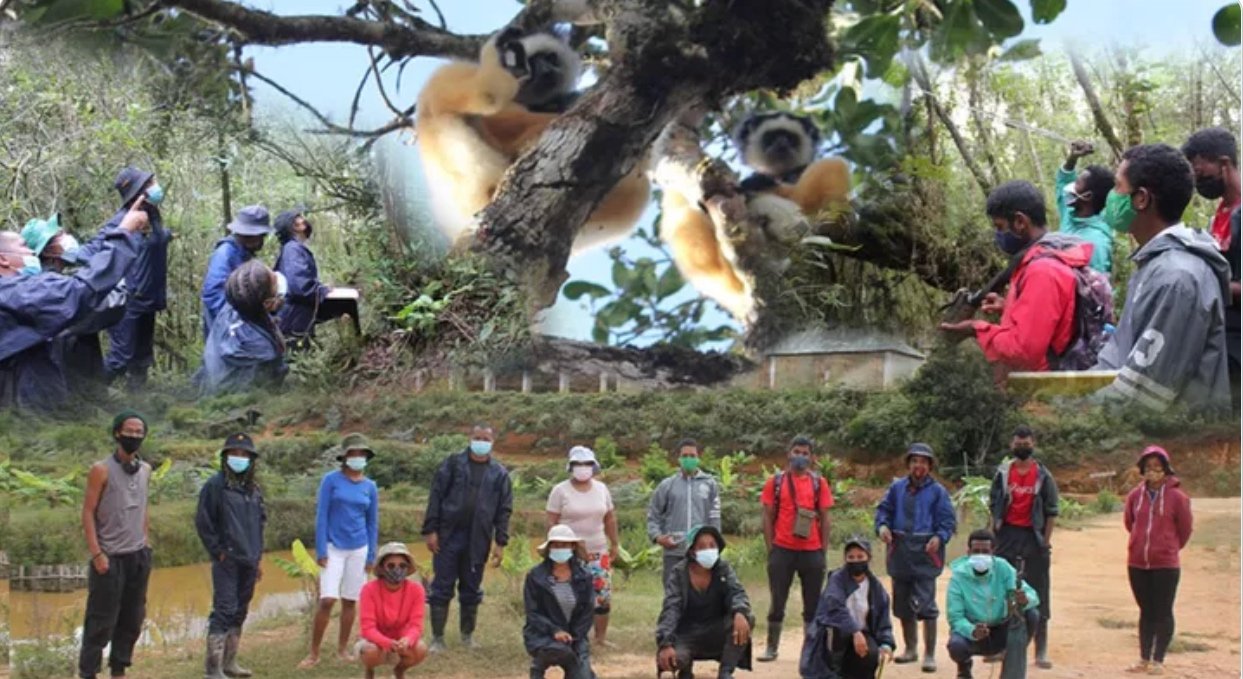
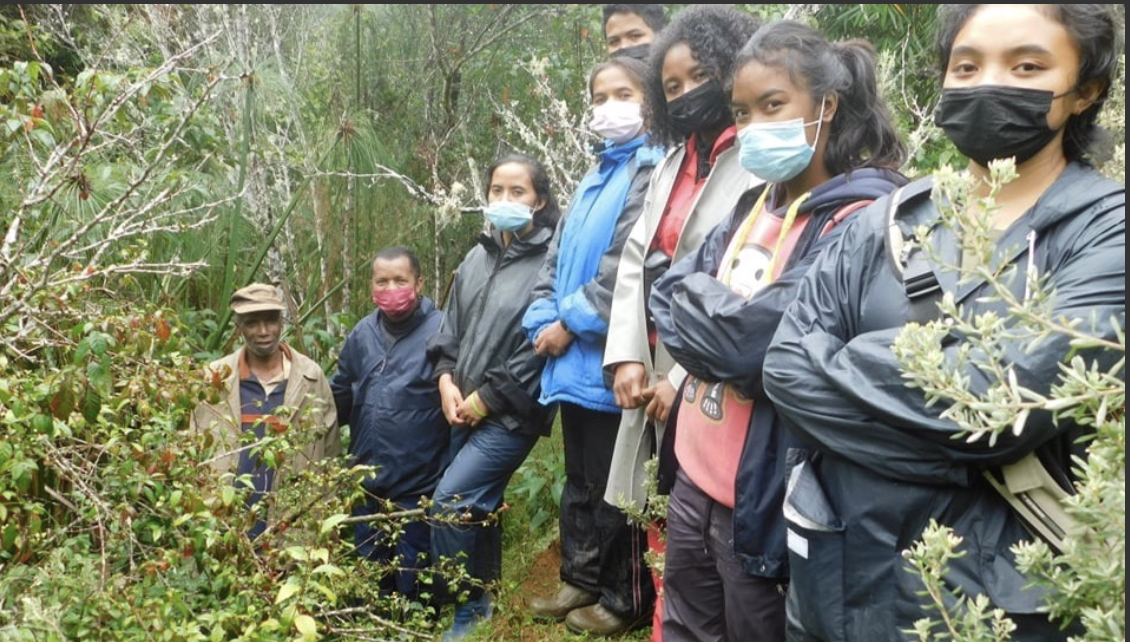
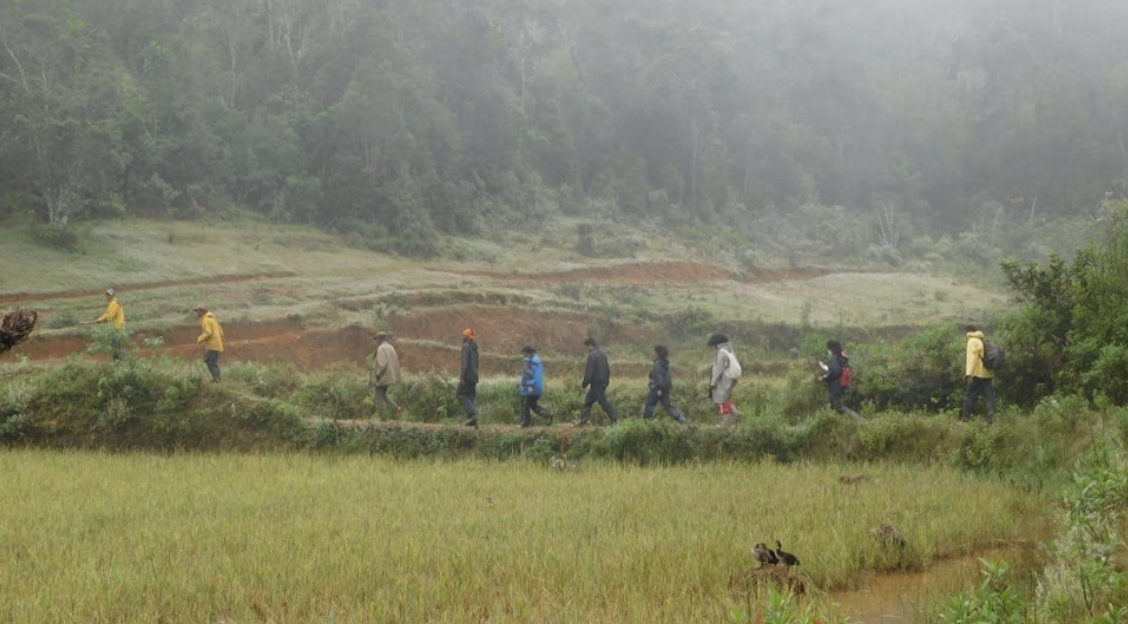
Jhoanny Rasojivola and Mauricette Rajaobelina, graduate students at the University of Antananarivo, discuss their Field Training Program experiences.




